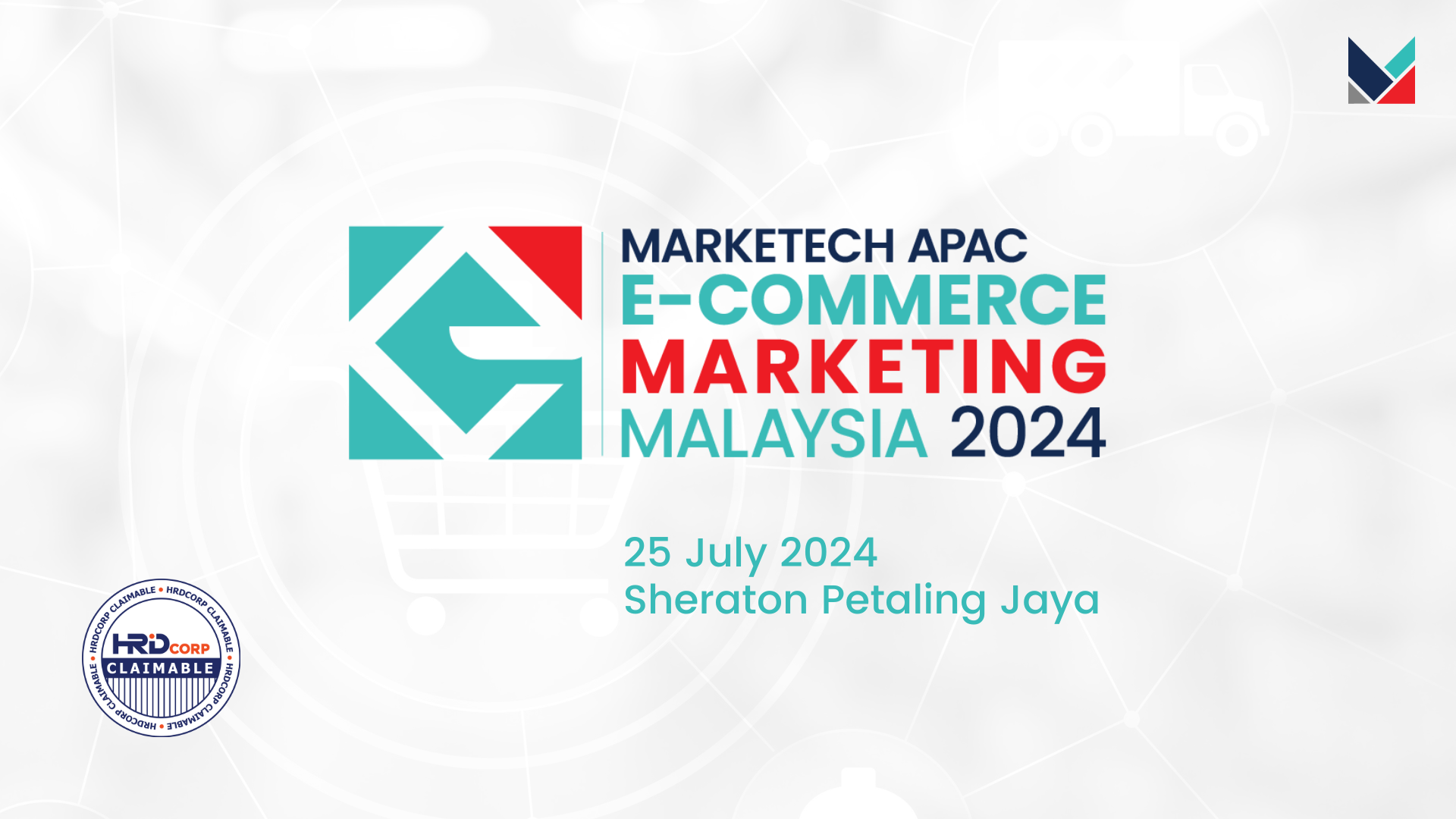Philippines – A staggering 89% of leaders in the Philippines believe their company needs to adopt AI to stay competitive, according to a report from Microsoft Corp. and LinkedIn.
The report showed that AI holds value for many Filipinos at the leadership level, with 89% believing it will give them a competitive edge. This puts the Philippines ahead of its global and regional counterparts at 79% and 84%, respectively.
Meanwhile, 55% of Filipino leaders are concerned that their organisation lacks a clear plan and vision for implementing AI. Although this figure is lower than the global and regional averages of 78% and 61%, respectively, it highlights potential consequences when local companies cannot meet the growing demand for AI resources.
Microsoft and LinkedIn’s data further shows that employees want AI at work, and they are making the move to use it themselves without waiting for their companies to catch up.
In the Philippines, 86% of Filipino knowledge workers use AI at work, higher than the global average of 75% and the regional average of 83%.
Additionally, 83% of Filipino AI users bring their own AI tools to work, practicing what is called ‘Bring Your Own AI’ (BYOAI), which introduces privacy, security, and legal risks for companies. This trend is also observed globally, with 78% of employees participating in BYOAI, and regionally at 79%.
For employees, having skills in AI will not only benefit the company but also them as individual workers. It ‘raises the bar and breaks the career ceiling’, as the report stated.
In the data, it was revealed that 70% of Filipino leaders now will only hire someone with AI skills, a preference that is seen in 66% and 70% of global and regional leaders, respectively.
Interestingly, a smaller percentage of Filipino leaders (68%) are willing to hire a less experienced employee with AI skills over a more experienced candidate, compared to the global and regional averages of 71% and 76%, respectively.
Furthermore, because of the growing demand for AI in the hiring market, mentions in LinkedIn job posts grew by 17%, and 142x more users globally added AI skills to their profiles as of last year.
Considering all this data, Microsoft and LinkedIn suggest that for Philippine workplaces to stay ahead, they must take advantage of demand and start investing in AI to equip their employees with tools and skills to remain competitive.
As part of the report, Microsoft and LinkedIn also discussed the rise of AI power users. An ‘AI power user’ is someone who uses technology several times a week, saving 30 minutes of work daily.
In the Philippines, the data shows that 86% of power users frequently start their day with AI, while another 86% use it to plan for the next. Demand is high among AI power users in the Philippines. They are 52% more likely to ask coworkers about useful prompts compared to 40% of global users, and 65% more likely to experiment with different ways of using AI compared to 68% of global users.
Filipino AI power users are significantly more likely to hear from their leadership about the importance of generative AI—57% more likely from their CEO, 41% more likely from their department head, and 107% more likely from their manager’s manager, compared to 61%, 40%, and 42% for global AI power users, respectively.
However, while Filipino power users are increasingly interested in learning about technology, the report reveals that they aren’t being trained enough.
Only 30% are more likely to get training, especially on prompts (23% more likely) and using AI for their specific role or function (37% more likely). Globally, the percentage of AI power users likely to get training is 42%, and regionally, it is 36%.
Atul Harkisanka, Philippines country lead at LinkedIn, said, “As the Philippines witnesses a transformative shift in the workplace due to AI, companies are realising the need for a new talent playbook. With how rapidly the talent ecosystem evolves, leaders who prioritise agility and invest in skills development to build an AI-ready workforce gain a competitive edge.”
“68% of Filipino business leaders will hire a less experienced candidate with AI skills, emphasising the urgency and importance for professionals to focus on advancing their AI aptitude through upskilling. Meanwhile, our data shows a 65% increase in learning hours for the top 100 AI/GAI courses from 2022 to 2023 on LinkedIn Learning. A record number of learners took the top AI courses on LinkedIn since January 2023 across Southeast Asia, Australia, and India.”
Meanwhile, Peter Maquera, CEO of Microsoft Philippines, shared, “2023 will be remembered as the year of AI, but this year we will start to see real impact as we move from potential applications to living innovations. The current state of AI adoption in the Philippines is very promising. We’re seeing innovation at scale across industries through our customers, who are unlocking efficiency, personalisation, security, and sustainability by applying AI solutions to their challenges and priorities.”
“In terms of the workforce, our 2024 Work Trend Index shows Filipino employees are leading not just Asia but the world in leveraging AI to help boost productivity, efficiency, and creativity. More and more, the AI business imperative is becoming clearer, but there are still opportunities to explore and imperatives to take. Microsoft is committed to empowering this broad transformation as we bring more advanced AI technologies and platforms to the world, as well as insights to guide our customers and partners.”


















